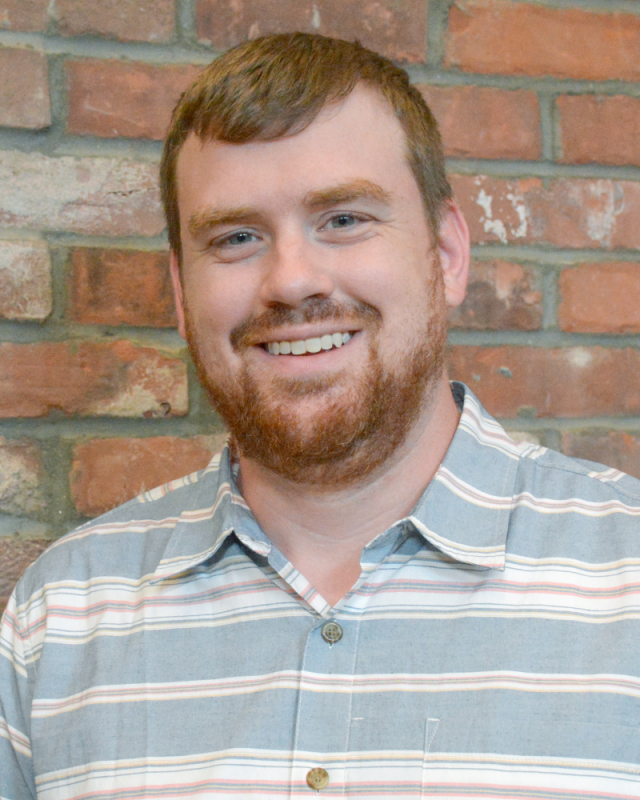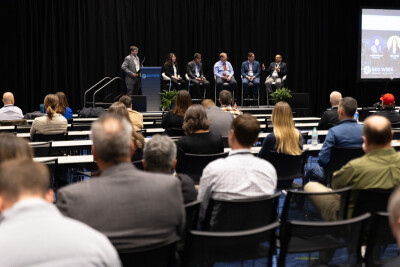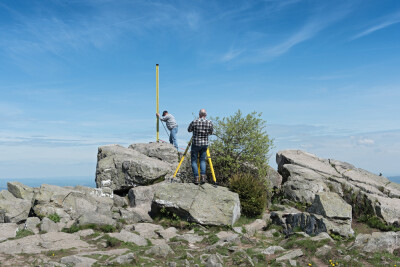The geospatial community throughout the United States is getting ready for a massive change coming down the pipe, with the National Geodetic Survey’s (NGS) project for modernizing the National Spatial Reference System (NSRS) coming close to an end. Right now, it is expected that the new datums that come from this project will be finalized in 2026, giving just about a year for professionals to get familiarized with how they could be impacted. At Geo Week News, we have been covering much of this work over the course of the last year, and you can find all of our relevant coverage here.
While we certainly feel this work has been valuable, it’s hard to argue with the value one can get from being face-to-face with the people involved in this change and thought leaders who are already thinking about how it will affect their work. That is why, at next month’s Geo Week, we will have multiple sessions on the conference program diving into this modernization project and what those in the industry need to know. On Monday, the first day of the conference, there will be a panel discussion entitled Working Together to Put the Modernized National Spatial Reference System into Practice, while Tuesday’s Preparing for the Modernization of the National Spatial Reference System session will include presentations regarding this work as well as time for audience Q&A at the end.
Below, you can find a bit more information about what these sessions will entail, and don’t miss your chance to register for this year’s event.
Working Together to Put the Modernized National Spatial Reference System into Practice
Monday, February 10 | 4:00 PM - 5:00 PM MT
Speakers:
Qassim Abdullah | Woolpert
Dan Gillins, Kevin Ahlgren, and Galen Scott | NGS
Linda Foster | Esri
John Nolte | Denver Water
Balaji Ramachandran | Nicholls State University
This first NSRS-themed session will be a panel discussion focused on how the various professional organizations around the country are thinking about and preparing for this modernization. These include representatives from groups like NSPS, ASPRS, ASCEm UESI, SaGES, AAGS, and GPN (formerly URISA). Expect conversation about how these organizations are thinking about the ways the modernized NSRS will benefit their individual niches, as well as some of the specific challenges that could come up within the transition to the new system and how they’ll think about it.
According to Scott, who spoke with Geo Week News about this session, it’s all about bringing together these individual organizations to talk about the industry as a whole, comparing it to a potluck dinner where everyone brings their own dishes to the table to create a meal for everyone.
“The idea is to have representatives from the various geospatial professional societies to come and talk about NSRS modernization as a theme they can all focus on and work individually to get their communities ready for modernization,” Scott said. “But then also see collectively how, across the board, they can collaborate to move us all forward toward the transition.”
As for who can benefit from this session, Scott said it will be helpful for anyone curious about this modernization
Preparing for the Modernization of the National Spatial Reference System
Tuesday, February 11 | 11:00 AM - 12:30 PM MT
Speakers:
Qassim Abdullah | Woolpert
Galen Scott, Brian Shaw | NGS
Chris Parrish | Oregon State University
Linda Foster | Esri
Jason Stoker | USGS
The following day, attendees can sit in on a more presentation-heavy session after the panel-focused session on Monday. Here, according to Abdullah, the focus will be on all of the work that NGS has been doing to make this project a reality, educate the community on what is happening under the hood with this modernization work, and what different sectors are doing to prepare.
That emphasis on getting representation from the various sectors within the industry is an important part of this session. Abdullah, for example, will represent the professional services and organization side given his work with Woolpert and ASPRS. Parrish, meanwhile, can speak from the academic side and will touch on some of the work he and his team at GCAP has done with a grant received from NGS to assist with the modernization work. Foster will represent the software provider side as well as her role with NSPS. And finally, Stoker can speak to USGS’ complementary role as a federal agency, and how they will be thinking about their national maps in relation to these new datums.
Crucially, as mentioned above, following all of the presentations there should be ample time for the audience to ask their questions to experts, both from NGS about some of the specifics with this work and other professionals who are already thinking about how they’ll be reacting to these changes. This makes this session a valuable one to attend for everyone who works with NGS data as part of their work, from mapping and engineering professionals to those in academia, working for DOTs, and plenty more.
Don’t miss your chance to hear all of this crucial information for geospatial professionals and to ask your pressing questions to make sure you’re ready for the transition.







